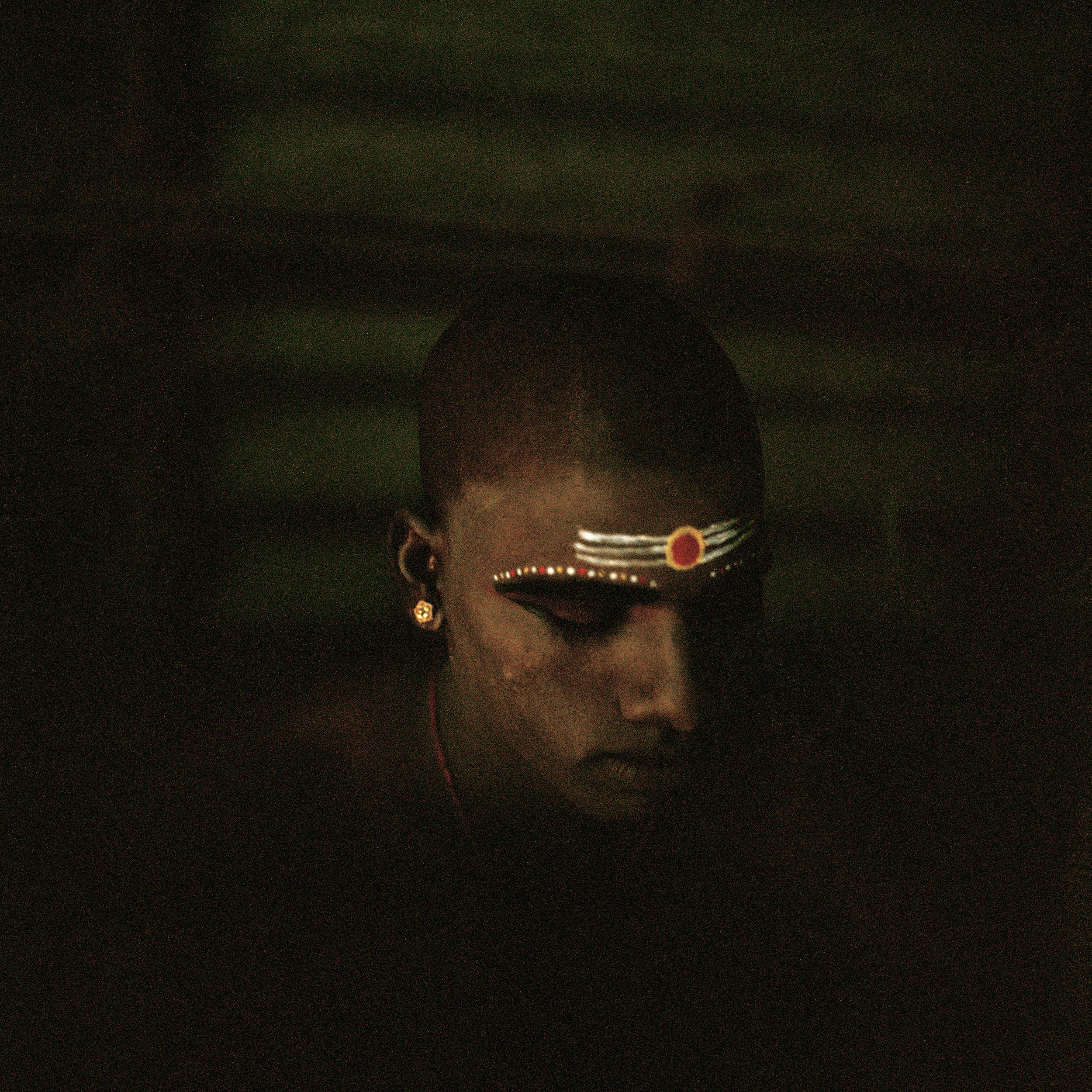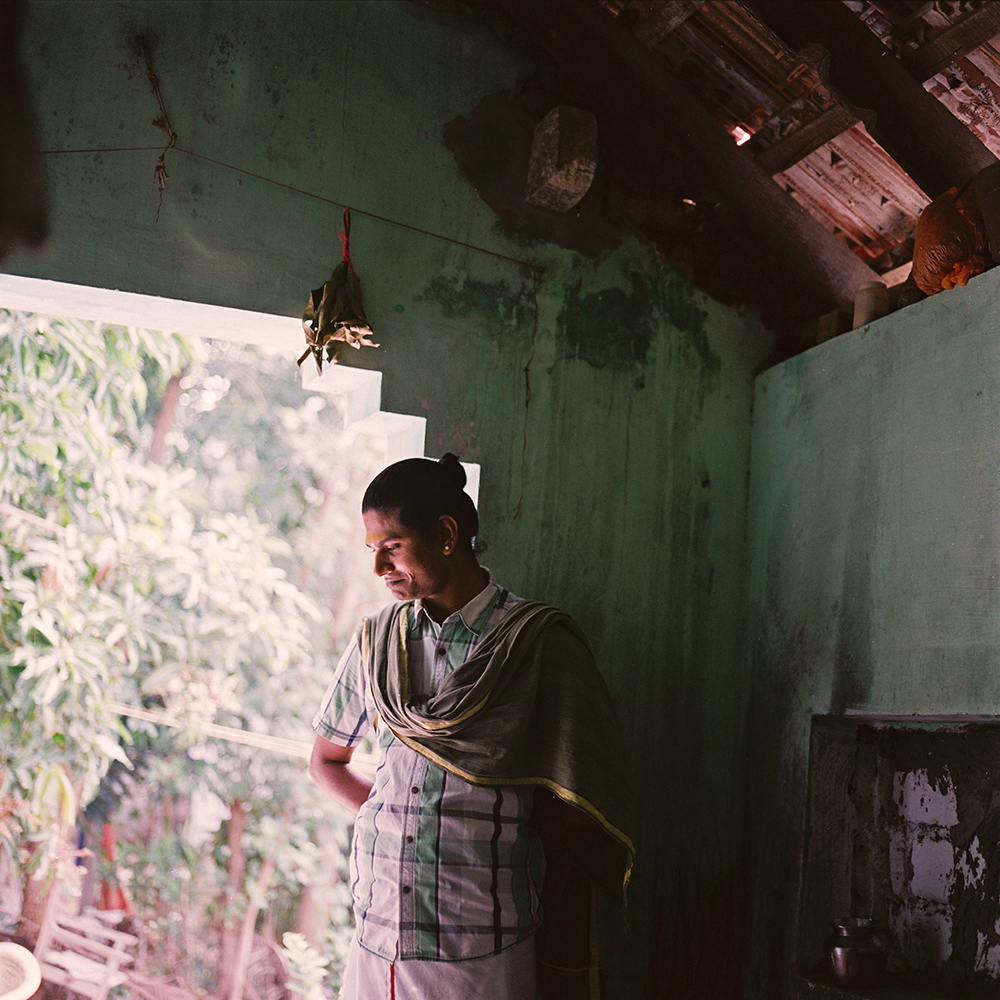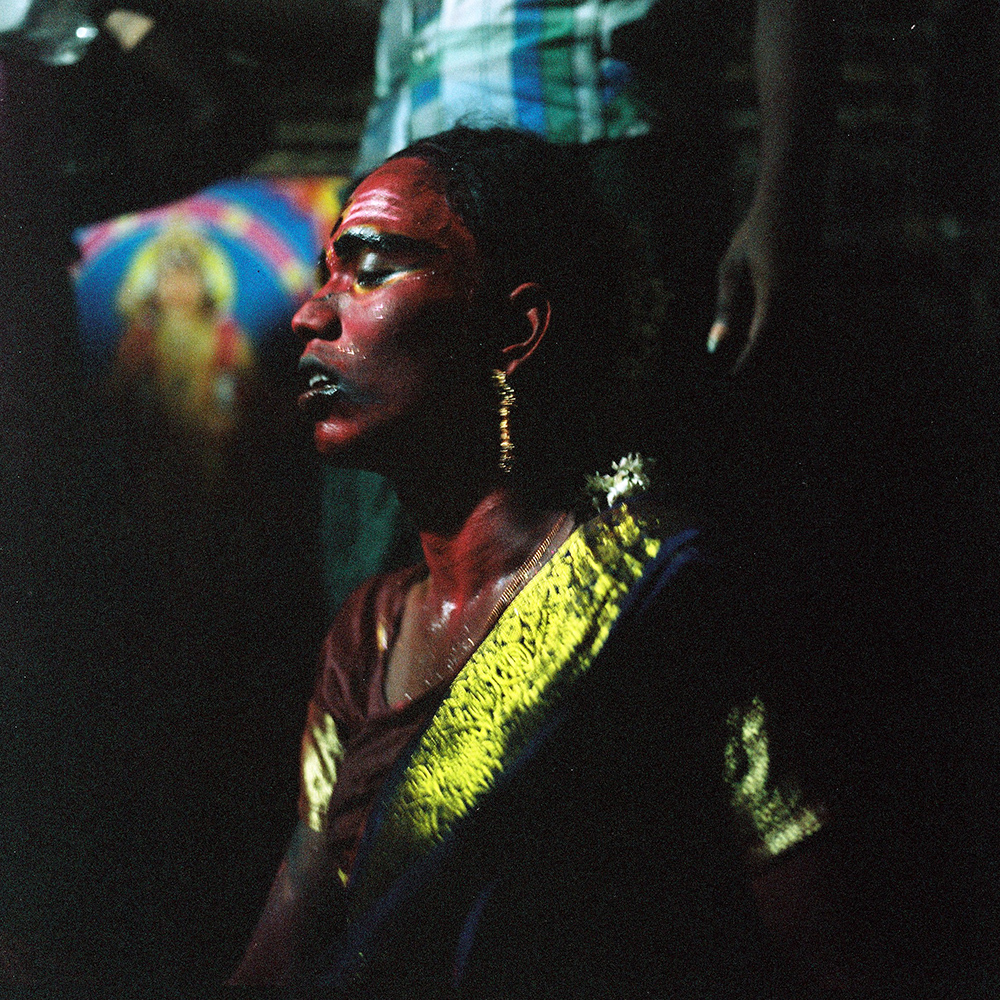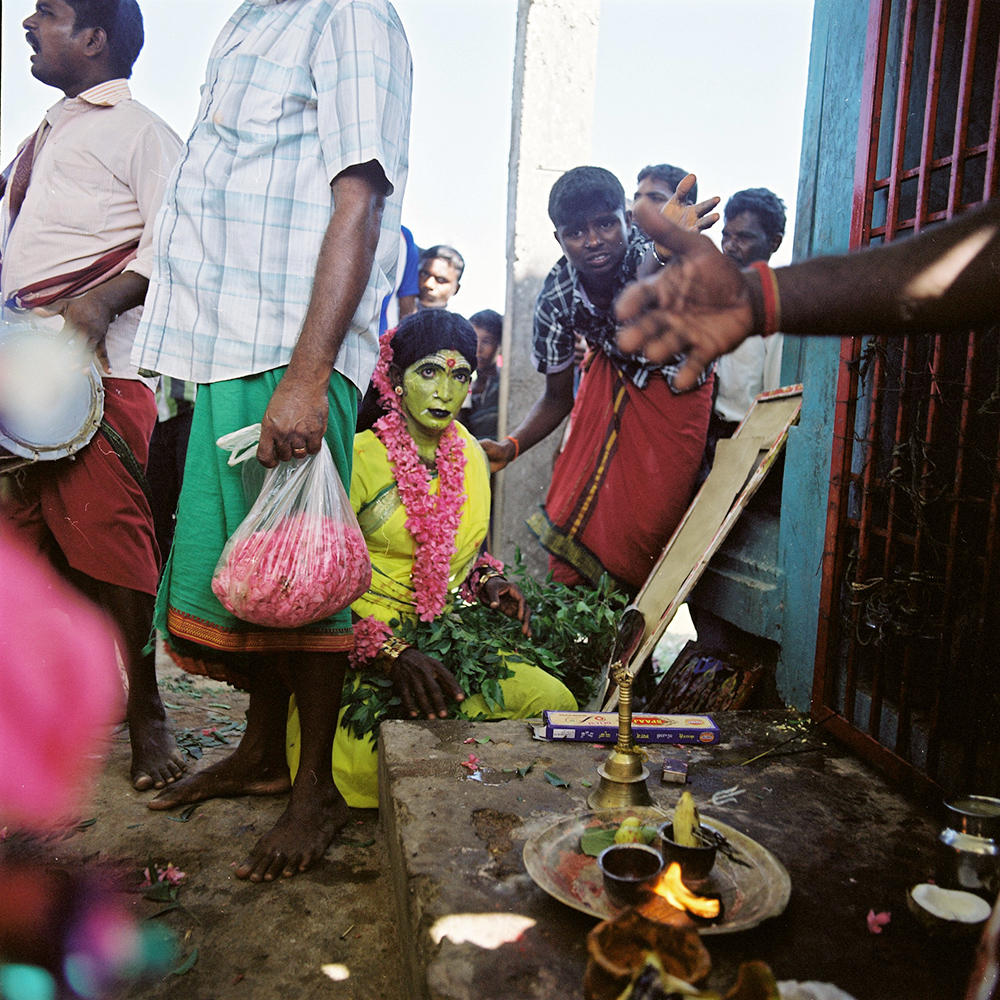In December 2013, the judges of India’s highest court overturned a 2009 lower court decision that decriminalized gay sex between consenting adults. This ruling set back India’s long struggle for equal rights for gay and transgender people, and the judges, dressed in the black robes and frilly collars, acted under the tenets of India’s British-inspired justice system. While convictions on the law have been rare – none in the last 20 years - the law has been used to harass sexual minorities, particularly transgenders.
The ruling underscores a longstanding tension in Indian society between western-style laws, inherited from British colonizers, and traditional practices that have allowed gay and transgender communities across to negotiate a panoply of sexual and gender identities within the confines of traditional values.
For the past year I have been documenting the lives of a community of people who call them- selves “Kothi” in the southern Indian state of Tamil Nadu. The term Kothi is used to describe a wide swath of behaviours that are seen to deviate from the heterosexual norm, including married fathers who have male lovers, people born male who wear female dress and male-born people who wear traditional women’s clothing only during religious festivals or celebrations.
Some are quietly battling with their families about the expectation that they will soon marry and have children, while others are completely estranged from their families as a result of their gen- der identity expression. They all take what they describe as the female role in sex and give one another female names, by which they address one another.






















